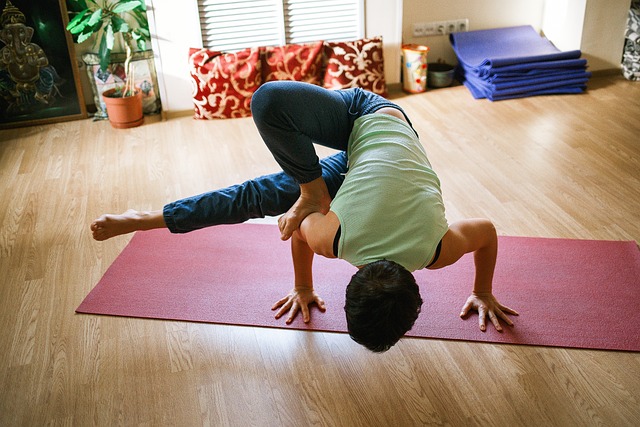“Navigating life in Nashua, New Hampshire, without alcohol or drugs can be challenging, but there’s a vibrant community of support. This guide offers a comprehensive look at resources designed to aid individuals on their sober journey. From local support groups and 12-step meetings to recreational activities and social events tailored for sobriety, we explore the diverse offerings. Additionally, we highlight therapy options, counseling services, and housing programs, ensuring that those seeking a sobriety-friendly social life have access to the necessary tools.”
- Support Groups and Community Meetings
- – Local AA and other 12-step groups in Nashua
- – Non-12-step support groups for various demographics (e.g., young adults, women)
Support Groups and Community Meetings

Nashua, New Hampshire, boasts a supportive network for those on their sober journey, offering various resources that facilitate connection and foster a sense of community. Support groups and community meetings play a pivotal role in providing a safe space for individuals in recovery to share experiences, gain strength from one another, and celebrate milestones. These gatherings are an integral part of building a sobriety-friendly social life, where like-minded folks can bond over their shared goal of maintaining a sober lifestyle.
Local organizations and churches often host such meetings, creating an inclusive environment for all who seek support. Regular sessions allow individuals to connect with peers facing similar challenges, fostering a sense of belonging and camaraderie. These gatherings not only provide emotional support but also practical advice, resources, and encouragement, making the path to recovery smoother and more manageable.
– Local AA and other 12-step groups in Nashua

Nashua, New Hampshire, offers a supportive network for those on their journey to recovery. One of the most well-known and effective resources is the local chapter of Alcoholics Anonymous (AA), which provides a community for individuals seeking sobriety. Meetings are held regularly at various locations throughout the city, offering a safe space for sharing experiences and gaining strength from peers. These 12-step groups follow a structured program that helps members stay sober, focusing on spiritual awareness, accountability, and mutual support.
In addition to AA, there are other peer-led support groups in Nashua catering to different needs. Many of these groups focus on fostering a sobriety-friendly social life by organizing activities, outings, and events where individuals can connect without the influence of substances. These gatherings provide an essential sense of community and camaraderie, often filling a crucial gap in the lives of those new to recovery.
– Non-12-step support groups for various demographics (e.g., young adults, women)

In Nashua, New Hampshire, those seeking a sober lifestyle have options beyond traditional 12-step programs. There are numerous non-12-step support groups tailored for specific demographics, ensuring everyone can find their community. For instance, young adults in recovery can benefit from peer-led groups that understand the unique challenges of balancing sobriety with modern life. These groups often incorporate creative outlets and social activities into their meetings, fostering a supportive atmosphere where individuals can connect without feeling intimidated.
Similarly, women’s-only sober support groups cater to those who may need a more intimate setting. These groups provide a safe space for open discussions about gender-specific issues and the complexities of achieving and maintaining sobriety while navigating societal pressures unique to women. By offering diverse options, Nashua’s recovery community embraces inclusivity, contributing to a healthier and more vibrant sobriety-friendly social life for all.
Maintaining sobriety is a lifelong journey, and Nashua, New Hampshire, offers a range of resources to support individuals in their pursuit of a sober lifestyle. From traditional 12-step groups to specialized non-12-step meetings, there are options catering to diverse needs. Building a sobriety-friendly social life is achievable through these supportive communities, providing a network of peers who understand the challenges and triumphs of recovery. By attending local meetings, individuals can find connection, encouragement, and the strength to stay on course.

